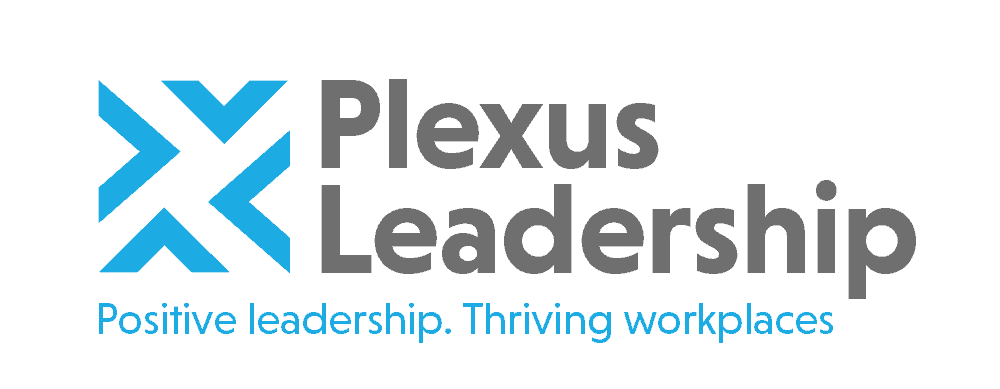There has been a lot of chatter on social media recently about why leadership development isn’t working well and how to improve it. People are putting forward a host of reasons for the disappointing results including a reluctance of move away from traditional classroom formats, insufficient linkages to business realities and strategies and rigid program designs that focus too much on delivering “one size fits all” content at the expense of application, practice and personalized coaching. In a recent blog on how to future-proof leadership development for the digital age, I argued that practitioners need to move beyond the hype and search for scientifically validated approaches to leadership development. They also need to measure the impact of leadership in a different way, looking beyond financial measures to a wider range of yardsticks such as environmental and social impact.
Although these ideas might bring about marginal improvements, leadership development is likely to continue to under-deliver until the root cause of the problem is tackled. The central problem is that leadership development suffers from low prioritization and poor measurement in the vast majority of organizations. Undoubtedly, many executive and HR teams do invest a significant amount of time and effort in planning and implementing leadership development solutions, frequently at great cost to the organization. However, rather than setting clear goals and including these in their overall scorecard, leadership development is often still relegated as a “nice to have” and the “soft stuff” that doesn’t require the highest prioritisation or robust measurement. As we well know, if things don’t matter enough, they are unlikely to get enough of the top team’s scarce attention and focus.
Because leadership development is rarely a core business priority, there is little motivation or accountability for leaders participating in the program to take it as seriously as their other business goals. Rewards (both financial and non-financial) usually aren’t tied to the outcome of the program so it doesn’t matter if you do well or coast through the program. In some organizations, participants don’t even bother turning up or when they do turn up, they lack engagement and waste valuable learning time on their laptops or mobiles. This problem is exacerbated in many organizations as promotion decisions are highly subjective and informal rather than objective and evidence-based. They are rarely tied to leaders’ learning outcomes and effectiveness during or after the program.
There is of course an obvious and straightforward solution. Organizations need to give their leadership programs more “teeth”. They need to set clear and ambitious goals for their programs that are specific and measurable. Measures should include vital business results beyond participant evaluations and learning outcomes. Outcomes measured should include employee engagement, customer experience and businesses innovation. With increasing customer, government and employee pressure to improve communities and the environment, measures should also include leadership accountability for environmental and social improvements. Leaders should be clear that they will be held accountable for translating learning outcomes into targeted business improvements in the same way they are held accountable for their other business priorities.
So, what’s stopping top leadership teams from insisting on such rigor and accountability when it comes to leadership development? And therein lies the big obstacle, one that is deeply entrenched in the belief systems of most organizations. Delivering short-term shareholder returns, profitability and new product releases are still regarded as way more important than good people practices and sound, ethical leadership practices. The good news is that these beliefs are being increasingly challenged and top teams are starting to recognise the importance of leadership and people practices in building sustainable, successful businesses.
Other Posts

About the Author
James Brook
Founder and MD | Leadership Consultant | Organizational Psychologist
James is a leadership consultant, organizational psychologist and executive coach. He has over 25 years’ experience working with leaders, teams and organizations globally to optimize their performance, talent and future success. He specializes in positive leadership, thriving workplaces, collaboration and influencing, organizational change and transformation, accelerating innovation and coaching executives and leaders in innovative sectors including Tech, Digital, E-commerce and Life Sciences.
Before setting up Plexus Leadership, James held leadership roles in HR and Talent Management in the UK and abroad with companies such as NatWest, Yahoo! and Novo Nordisk Pharmaceuticals. After this, he founded and led several talent and leadership consulting and assessment businesses, including Strengthscope®, an online strengths assessment and development business serving a wide range of UK and global clients. James grew this venture into a global market leader before selling the business in 2018.
James has supported, advised and coached leaders and teams globally across diverse industries and geographies. Clients he has worked with include Allen & Overy, Commvault, Equinor, Facebook, GSK, Hilton, John Lewis, Novartis Pharmaceuticals, NHS, Oracle, Sainsbury’s, Swiss Re, Tesco, Takeda Pharmaceuticals, WSP and Yahoo!.
James has a Master’s in Organizational Psychology, an MBA, an Advanced Diploma in Executive Coaching and a Harvard Business qualification in Sustainable Business Strategy. He is a member of the Institute of Directors, the Association of Business Psychologists and a Fellow of the Chartered Institute of Personnel and Development (FCIPD). He is currently undertaking a PhD in Organizational Psychology examining the start-up experiences of Tech and Digital entrepreneurs.
James is a regular contributor and speaker on leadership, coaching, innovative talent management and the future of work. His most recent book, Optimize Your Strengths, explores how leaders can create thriving workplaces by inspiring and supporting people to optimize their potential and teamwork to deliver breakthrough results.





